Cannabinoid THC Dominant
THC 23 - 26%
CBD 0.05 - 0.4%
Effect Talkative
Side Effect Concern
Flavor Mango
All About OG #18 Weed Strain
THC
CBD
Potency
OG #18, also known as “Private Reserve” or “Reserve OG”, is an award-winning hybrid strain with a balance of approximately 50/50. It represents the phenotype of the legendary OG Kush. An interesting fact is that Private OG won the High Times Cannabis Cup in 2009 and 2010. This weed’s primary cannabinoids consist of about 23-26% THC and 0.05-04% CBD. As a phenotype of OG Kush, it’s natural that this kush is also pretty potent, which is why it may not be very suitable for novice smokers. To create its unique image and flavor, OG #18 features the following terpenes:
- Pulegone
- Phellandrene
- Carene
- Pinene
- Eucalyptol
Flavor Profile
The buds look pretty dense and resinous, highlighting their solid appearance. With its lineage, there is nothing impressive that it meets the toker with a very robust diesel, even chemical-like fragrance with some notes of earthiness and fruitiness. Among those hints, it’s possible to distinguish something reminiscent of mango, grapes, and a slight trace of chestnut. The taste is also pretty unique, providing a casual to kush, strong diesel flavor, which combines with an extreme sourness that feels like a punch into the face. The emergence of chemical presence is the fruit of cooperative work between pulegone, carene, and phellandrene. Aside from that, the lead role takes pulegone, providing the mango, grape, and chestnut flavors.
OG #18 Most Common Effects
After smoking comes the high that offers an enjoyable combination of cerebral and body effects. Usually, the first to appear is the cerebral effect, which quickly lifts the mood and increases focus and creativity. Afterward, the physical impact kicks in, providing a pleasant body relaxation, which doesn’t induce a couch-lock. Overall, it ensures a relaxing, clear-headed experience when the smoker has the energy to spare but does not really wish to spend it. At the same time, this mindset is an ideal field for talking, giggling, and simply resting. The best time for consumption is during the afternoon or early evening.
Regarding the medical benefits of OG #18, it has decent properties for alleviating:
- Depression
- Pain
- Fibromyalgia
- Lack of appetite
- Stress
On the other hand, it’s also possible to face a range of side effects, such as:
- Concern
- Insomnia
- Fatigue
How to Grow
Fortunately for growers, the Reserve OG plant can be grown indoors and outdoors. On average, its height fluctuates between 30-60 inches if grown indoors and 90> inches outdoors. The flowering cycle takes about 63-70 days, while the best time to harvest the crop is 79 days. Afterward, the plant produces approximately 2-3 Oz/Ft² (~550 g/m²) indoors and <5 Oz/plant (<150 g/plant) outdoors.
Side Effects
Simply let us know how this strain tastes or write a detailed review.
The OG #18 Strain Cannabinoids
| THC | Tetrahydrocannabinol, or THC, is a major cannabis chemical compound. It is a psychoactive element that stimulates dopamine release and induces euphoria or happiness. THC-rich strains may be helpful with such conditions as lack of appetite, chronic pains , etc. It is considered to be the primary active marijuana component. | 23 - 26% |
| CBD | Cannabidiol, or CBD, is a major compound in cannabis, which is non-psychoactive. It is also proved to counteract the side effects of the second major component THC. CBD is widely used for medicinal purposes in rubs, oils and so on. It is helpful in muscle pain cases, may treat arthritis and migraines. Even Greeks used it against pain, while Queen Victoria applied it to get rid of menstrual cramps. | 0.05 - 0.4% |
| CBC | Cannabichromene, or CBC, is a minor cannabinoid, meaning that its quantity in cannabis is quite little. Though it has the same origin as CBD and THC, it is different in functions. Without any psychoactive effects, it is an efficient cannabis compound in combating acne and depression. CBC produces analgesic, antibacterial and anti-inflammatory effects. | 0.13 - 1.49% |
| CBG | Cannabigerol, or CBG, is one of the minor cannabis compounds in adult plants. On the other hand, young ones contain a lot of this antibacterial and anti-inflammatory component. During the growth, CBG is converted into different cannabinoids, mostly THC and CBD. The compound itself increases appetite and decreases eye pressure. | 0.12 - 1.44% |
| CBN | Cannabinol, or CBN, is a trace element in cannabis that is considered to be mildly psychoactive. It appears from oxidation THC, exposed to light and heat. CBN is mostly contained in old cannabis and in traditional hashish. It is effective against insomnia, bacterial infections and appetite loss. | 0.01 - 0.22% |
| THCV | Tetrahydrocannabivarin, or THC-V, is a compound contained in cannabis in trace amounts. Even though it is close to THC molecularly, it is different in effects. This compound may be psychoactive only in large amounts. THC-V reduces blood sugar, controls appetite, stimulates bone growth, etc. African Sativa strains are the richest in THC-V. | 0.39 - 1.31% |
The OG #18 Terpene Profile
| Carene | Carene (also known as Delta-3 carene) is a terpene found in rosemary, lemons, pines, and cedars, offering citrusy and cypress aroma. Studies on mice showed that carene provides anti-inflammatory effects, as well as promotes bone health and chronic pain relief. | 0.19% |
| Pinene | Pinene is one of the most widespread terpenes in nature, found in pine trees, basil, nutmeg, parsley, and rosemary. Cannabis containing terpene (alpha-pinene or α-pinene) boasts a strong pine scent. Pinene is responsible for anti-inflammatory, pain-relieving, and anti-anxiety effects. | 0.19% |
| Pulegone | Pulegone is a less-common terpene found in peppermint and catnip, for example, with a sweet and minty aroma. In small amounts, pulegone could be found in some cannabis strains. It is reported to offer anxiety-relieving effects, increased cognitive performance, and sedative properties. Could remove dizziness. | 0.23% |
| Eucalyptol | Eucalyptol (also known as cineole) is usually found in eucalyptus, mint, sage, and tea tree oil. Distinguished for its cooling properties, eucalyptol constitutes only up 0.6% of a total terpene profile of a strain. This terpene exhibits potent antibacterial effects and can also be used to treat patients with Alzheimer's disease and asthma. | 0.15% |
| Phellandrene | Phellandrene (also known as alpha- and beta-phellandrene) is one of the rare terpenes found in cannabis with antihyperalgesic and antidepressive properties. Phellandrene contributes to a minty, woody, and mildly citrus aroma in cannabis. Previously confused with limonene and pinene, phellandrene was eventually distinguished as a separate terpene common for eucalyptus. Also, it could be found in mint, dill, black pepper, cinnamon, parsley, pine, and lavender. | 0.23% |
| Total terpenes content | 0.99% |
Growing Info
The OG #18 strain lineage
Similar Strains
THC 19.25 - 22.5%
CBD 0.26 - 0.64%
Effect Relaxed
Flavor Berry
THC 16 - 19%
CBD 0.57 - 1.09%
Effect Concentrated
Flavor Plum
THC 15 - 17.5%
CBD 0.33 - 1.15%
Effect Tingly
Flavor Nutty
THC 16 - 19%
CBD 0.37 - 0.45%
Effect Uplifted
Flavor Pear
THC 20 - 20%
CBD 0.07 - 0.33%
Effect Happy
Flavor Lemon
THC 8 - 8%
CBD 0.99 - 1.11%
Effect Happy
Flavor Mint
THC 16.5 - 19%
CBD 0.18 - 0.8%
Effect Giggly
Flavor Sweet
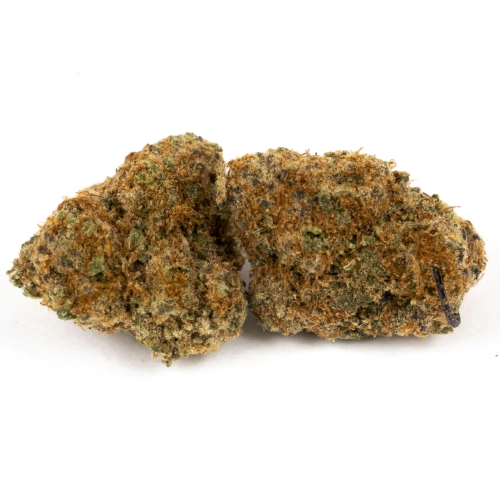
THC 17.83 - 18.83%
CBD 0.29 - 0.58%
Effect Relaxed
Flavor Citrus
THC 16.6 - 18.8%
CBD 0.73 - 1.01%
Effect Euphoric
Flavor Pungent
THC 23 - 25.75%
CBD 0.43 - 0.81%
Effect Euphoric
Flavor Pine
THC 20 - 23.25%
CBD 0.52 - 0.84%
Effect Relaxed
Flavor Spicyherbal
THC 19.75 - 23%
CBD 0.17 - 1.13%
Effect Sleepy
Flavor Sweet
THC 20 - 24%
CBD 0.09 - 0.27%
Effect Happy
Flavor Strawberry
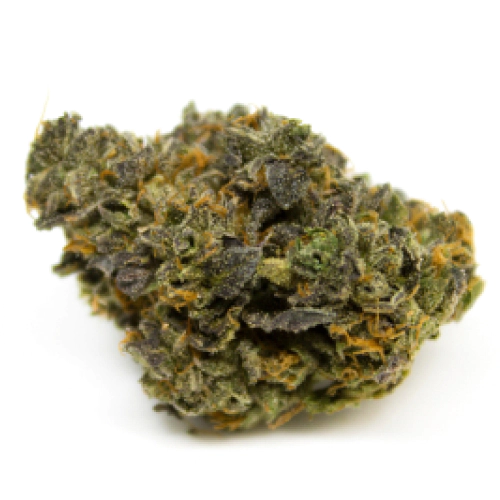
THC 22.5 - 26%
CBD 0.64 - 0.96%
Effect Relaxed
Flavor Sweet
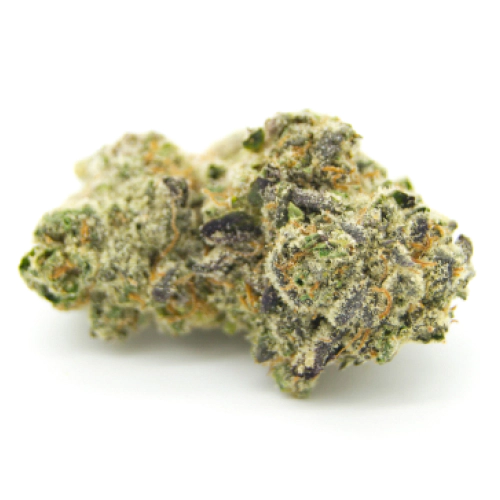
THC 19 - 21.33%
CBD 0.52 - 0.83%
Effect Sleepy
Flavor Spicyherbal
THC 17.33 - 22%
CBD 0.6 - 0.84%
Effect Uplifted
Flavor Lemon
THC 12 - 13%
CBD 0.24 - 0.4%
Effect Aroused
Flavor Chemical
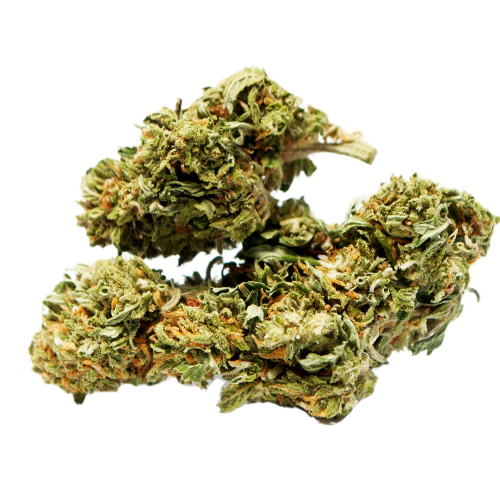
THC 9.99 - 10.01%
CBD 0.52 - 0.66%
Effect Happy
Flavor Lime
THC 20 - 22%
CBD 0.62 - 0.84%
Effect Focused
Flavor Pine
THC 22 - 22%
CBD 0.71 - 0.88%
Effect Happy
Flavor Mint
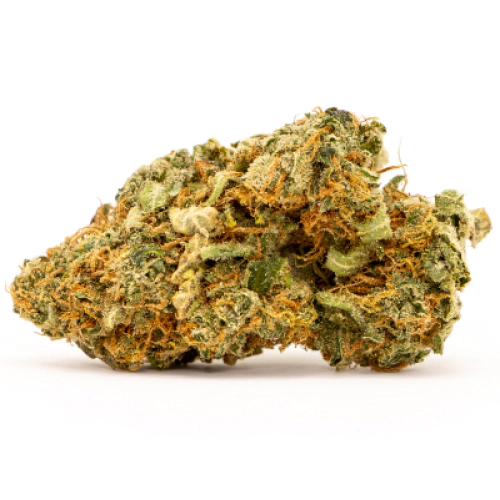
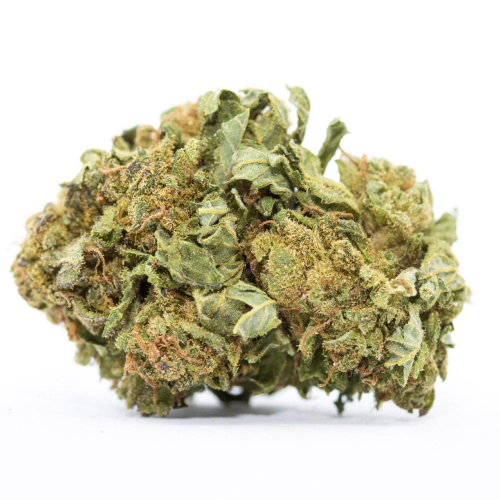
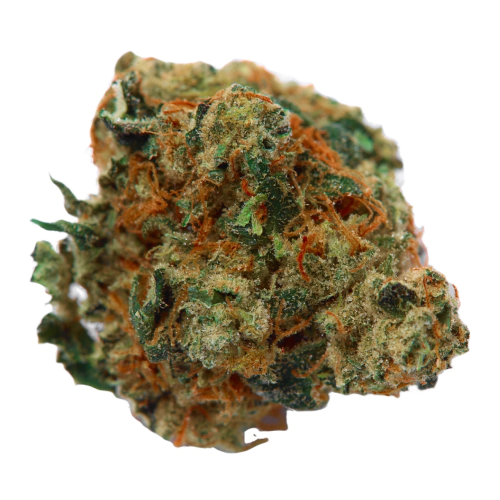
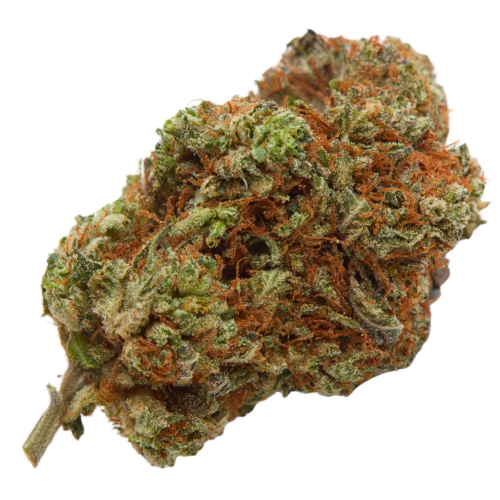
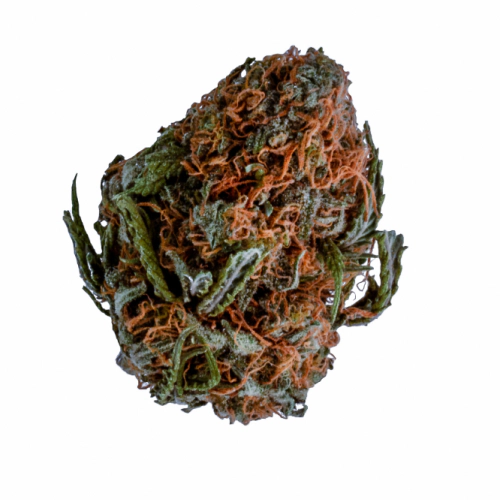
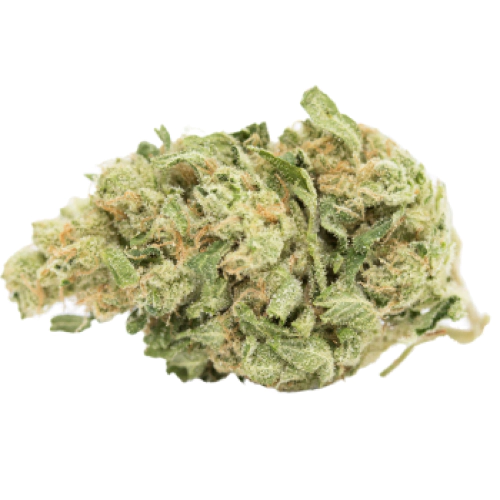
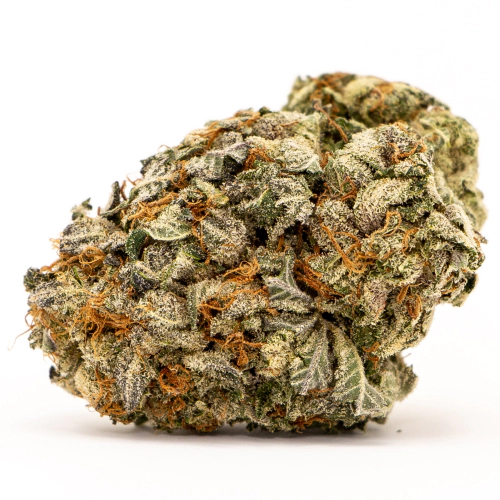
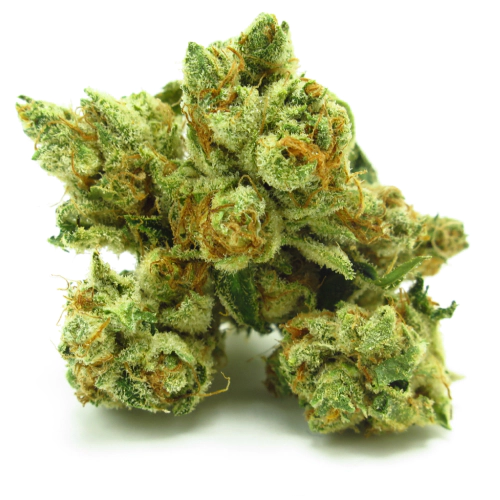
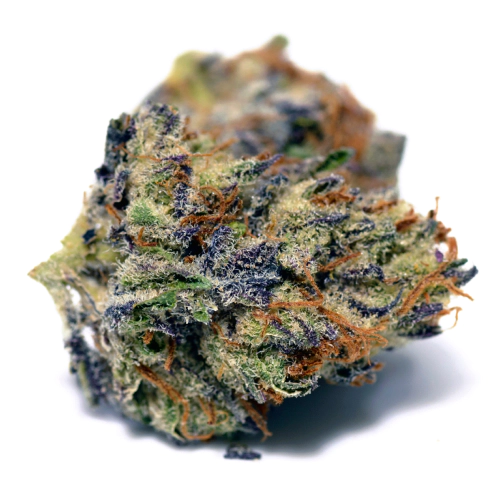
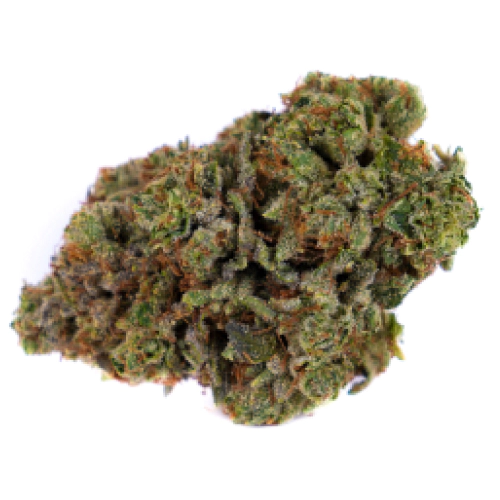
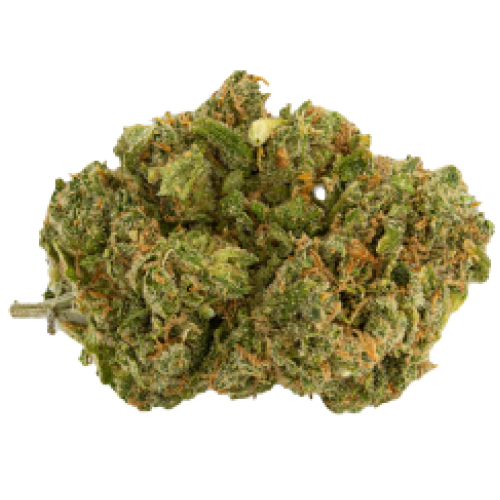
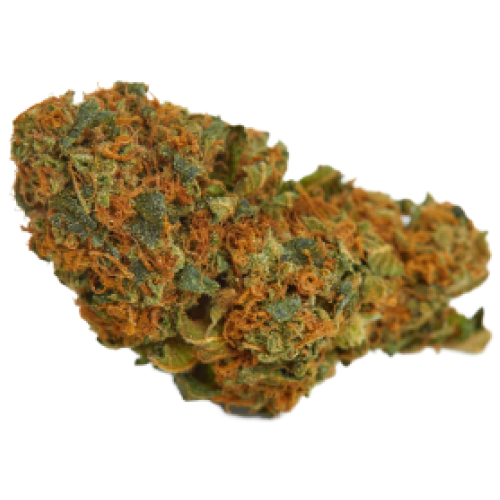
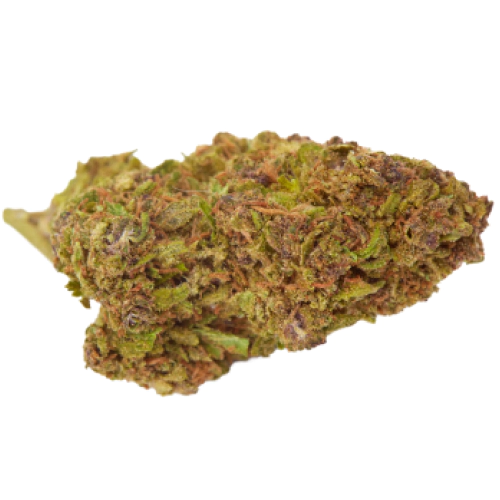
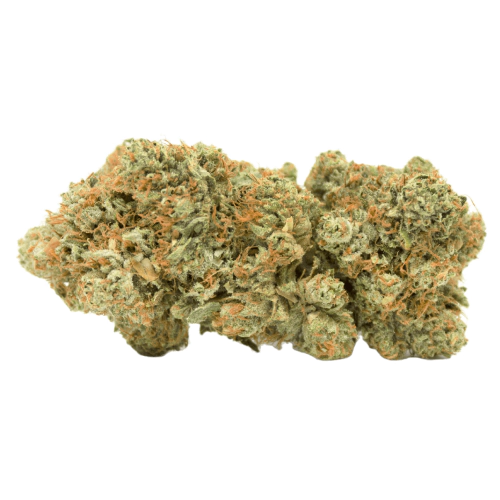
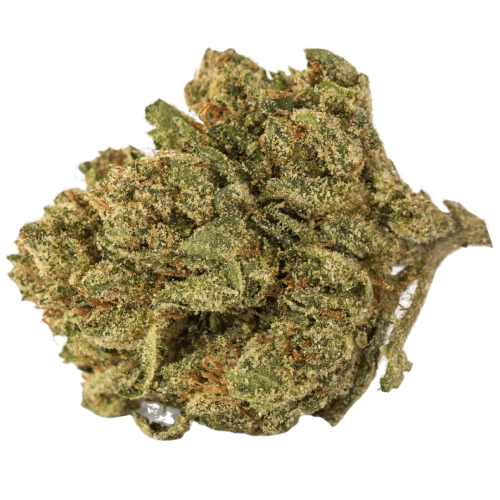
Be the first and share your opinion
Write a Review